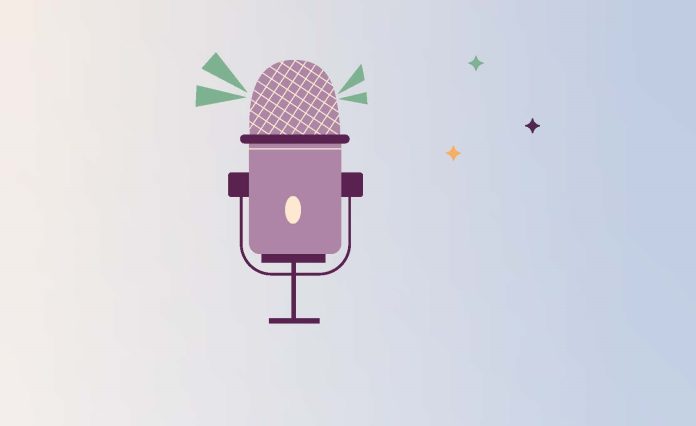Podcasting is growing in popularity, and many teachers are wondering about its educational potential within the school environment. How can it be integrated into the classroom? How can it be considered evidence of learning? These questions are all the more relevant since podcasting is often used as a complementary teaching tool for teachers, but not necessarily as a new creative option for students…but that is changing.
The Podcast: A Tool for Raising Awareness of Social Issues
Publié le :
À propos de l'auteur
Commentaires, reproduction de textes et usage de l'intelligence artificielle
Pour commenter un article et y ajouter vos idées, nous vous invitons à nous suivre sur les réseaux sociaux. Tous les articles y sont publiés et il est aussi possible de commenter directement sur Facebook, X, Instagram, Bluesky ou LinkedIn.
Sauf dans les cas où la licence est expressément indiquée, il n'est pas permis de reproduire les articles de l'École branchée. Toute demande de reproduction doit être adressée directement à l'organisme.
Dans son processus éditorial, notre équipe fait appel à des technologies intégrant l'intelligence artificielle pour améliorer les textes, entre autres par la reformulation de passages, la révision linguistique, la traduction et la synthèse des idées. Tous les textes sont révisés par des humains avant leur publication.
Recevez l'infolettre Hebdo
 Recevez l'infolettre Hebdo mardi #Actu et vendredi #DevProf pour ne rien manquer des nouveautés de l'École branchée!
Recevez l'infolettre Hebdo mardi #Actu et vendredi #DevProf pour ne rien manquer des nouveautés de l'École branchée!
Faites briller vos projets pédagogiques et pratiques gagnantes!
Chaque histoire positive a le potentiel d'inspirer d'autres acteurs de l'éducation à innover pour améliorer la réussite éducative! L'École branchée vous offre ses pages pour faire circuler l'information dans le milieu scolaire, alimenter la veille professionnelle et valoriser les initiatives émanant du terrain. Allez-y, proposez-nous un texte! >



